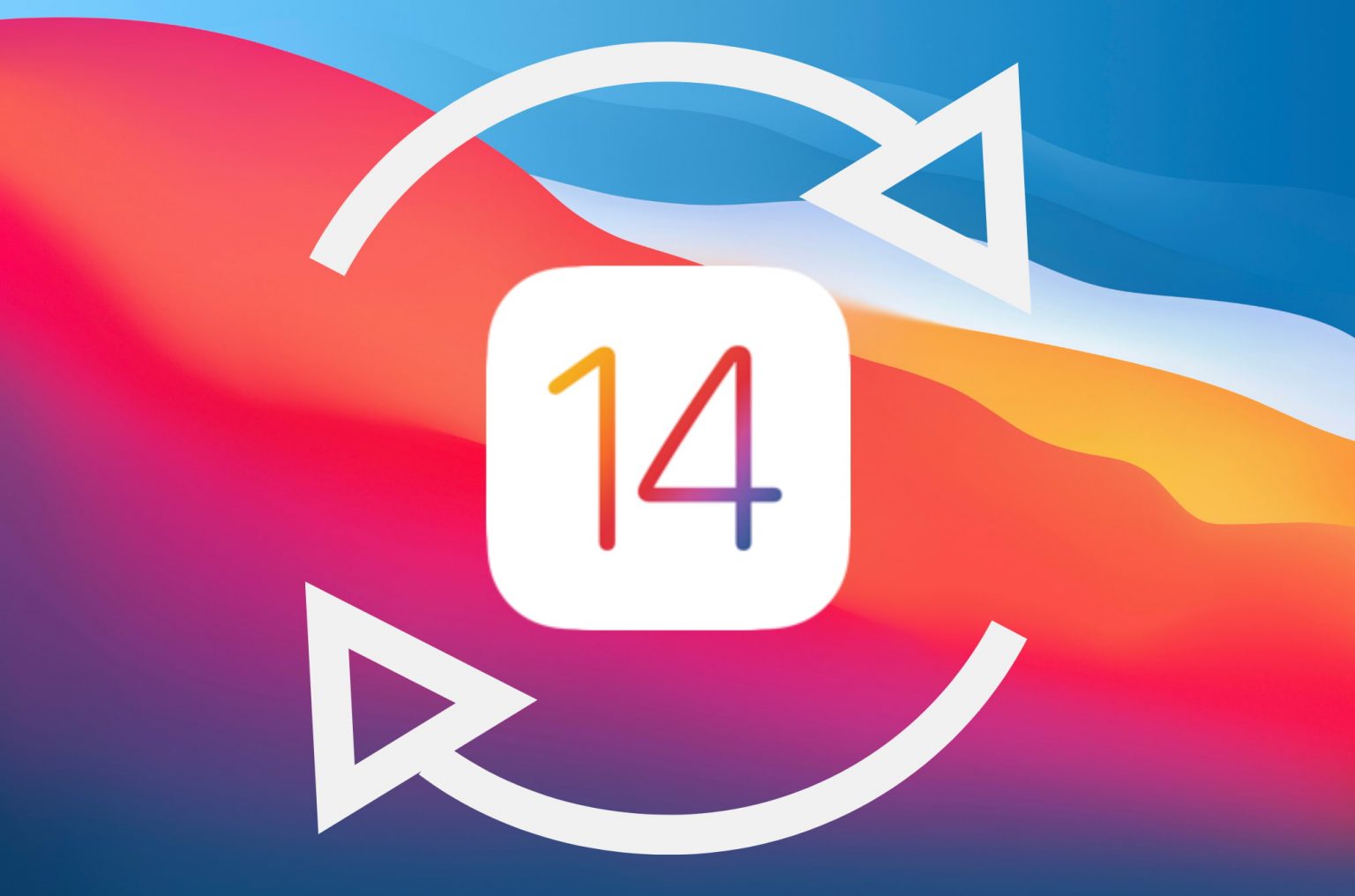In a typical Apple fashion, the Cupertino-based iPhone and iPad manufacturer has stopped signing both iOS & iPadOS 14.5 after the newer iOS & iPadOS 14.5.1 firmware has been available to the general public for one week.
Apple’s decision to stop signing iOS & iPadOS 14.5 means that those who’ve upgraded to iOS or iPadOS 14.5.1 can no longer easily downgrade to the previous firmware. Likewise, those using even older versions of iOS or iPadOS will be compelled to upgrade to version 14.5.1 instead of being able to manually install 14.5 via Finder or iTunes.
Downgrades to iOS or iPadOS 14.5 aren’t impossible if the user saved .shsh2 blobs while the desired firmware was still signed thanks to third-party tools like futurerestore, but this downgrade process is much more convoluted than it would have been if Apple merely continued to sign the older firmware.

The desire to downgrade one’s device to an older firmware is deeply rooted in jailbreaking – a process that grants the end user root access to their handset’s filesystem and unlocks unlimited device customization by way of jailbreak tweaks and extensions. Since jailbreaks often depend on older versions of iOS and iPadOS with unpatched security vulnerabilities, it’s easy to see why downgrades would be important to the cause.
As of now, jailbreak tools for Apple’s latest devices such as Taurine and unc0ver can only jailbreak up to and including iOS & iPadOS 14.3, so today’s news doesn’t hurt the jailbreak community in any way. The only tool that can jailbreak all current versions of iOS & iPadOS is checkra1n, but it only supports a small subset of older A7-A11-equipped devices ranging from the iPhone 5s to the iPhone X.
Still, jailbreaking isn’t the only reason why an iPhone or iPad user may want to downgrade their firmware. Apple’s updates – although thoroughly tested with the company’s developer base – can sometimes ship bugs that spoil the user experience. Take iOS & iPadOS 13.2 for example, which at the time implemented such aggressive app backgrounding rules that even processes intended to run behind the scenes would cease unexpectedly. In these instances, firmware downgrades can provide temporary relief from such bugs until Apple is able to fix them.
If you’re ever curious to know what version(s) of iOS or iPadOS are being signed for your iPhone or iPad, then we’d recommend checking out the handy online ipsw.me utility. You can also download any version of iOS or iPadOS that you might need from our dedicated Downloads page.
Are you impacted by Apple’s decision to unsign iOS and iPadOS 14.4.2 today? Discuss why in the comments section down below.